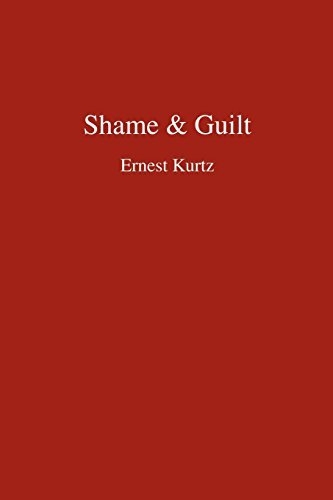Shame & Guilt explores the differences between these two painful but inevitable experiences. Both guilt and shame involve feeling �bad��feeling bad about one�s actions (or omissions) in the case of guilt; feeling bad about one�s self in shame. The deep meaning of the word bad is �unable to fit�: unable to fit into some external context in the case of guilt, unable to fit into one�s own being in the case of shame. Human experience offers two different ways of discovering that one does not �fit,� of feeling �bad.� Each has to do with the boundaries of the human condition. But there are two kinds of boundaries, and it is important to recognize their difference, the difference between rules and goals. For though the human condition is bounded, recognizing that reality can be either a choking, tightening experience or it can lead to the discovery of a new freedom. True, shame�s negative side points up failure and falling short, but shame also entails something positive: insight into the reality of the human condition. The experience of shame lays bare the essential paradox that inheres in being human: to be human is to be caught in a contradictory tension between the pull to the unlimited, the more-than-human, and the drag of the merely limited, the less-than-human. Shame�s healing is to be found in the discovery of how that paradox can be lived creatively in ways that find other human beings to be not the problem in shame, but its solution.
Authors
Ernest Kurtz
Additional Info
- Publisher: iUniverse, Inc.
- Format: Paperback
- ISBN: 9780595454921
No copies of this item are currently available.
